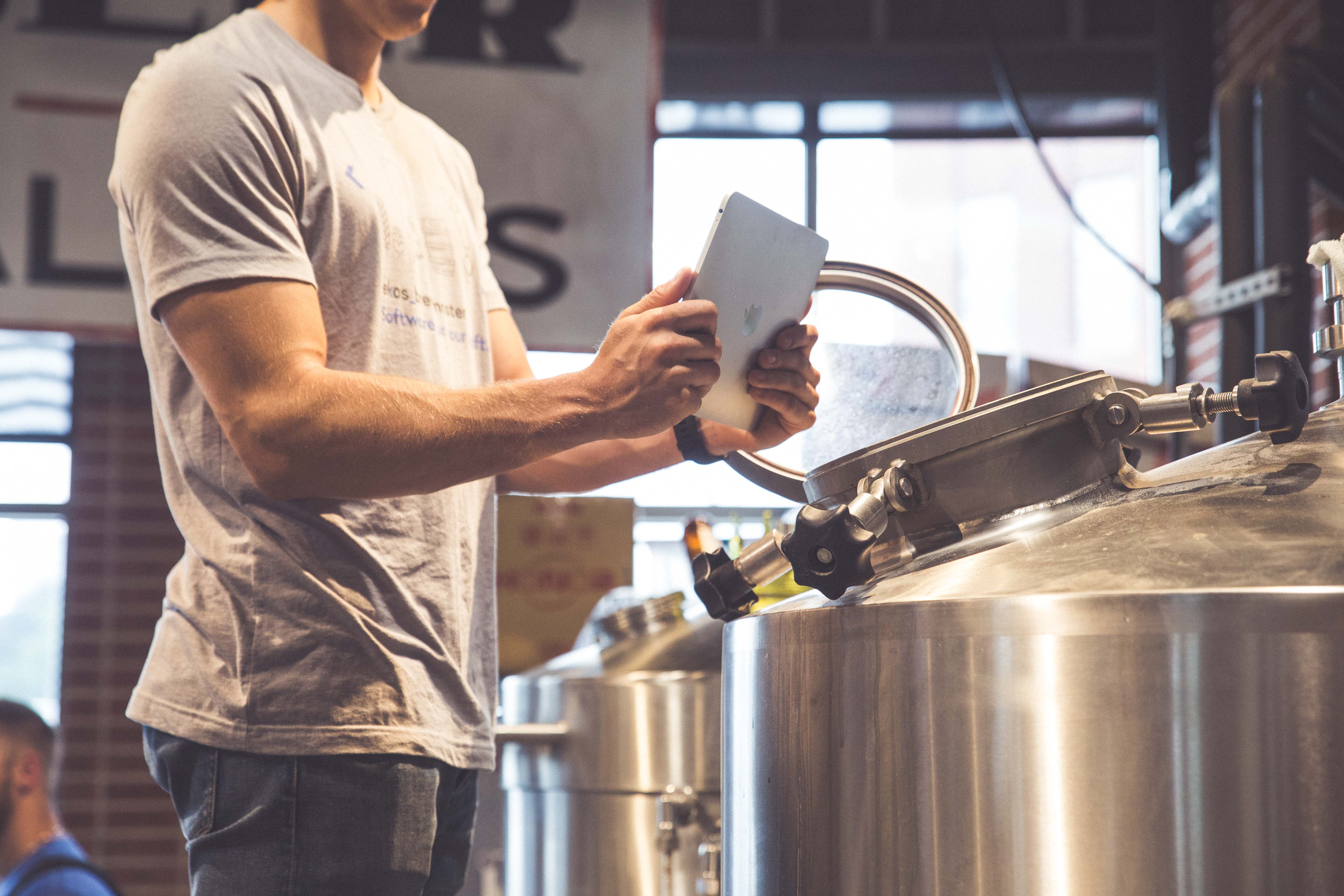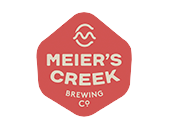The craft beverage industry is evolving rapidly, with digital transformation reshaping the way businesses operate. While craft producers have long prioritized innovation in their products, many are now being pushed to modernize their financial operations as well. The rise of electronic payments is one of the most significant changes facing the industry, with new regulations like California’s AB 2991 accelerating the shift away from traditional payment methods.
The Bigger Picture: Why Digital Payments Are Becoming Essential
For years, breweries, wineries, distilleries, and distributors have relied on cash, checks, and manual invoicing, often leading to inefficiencies, delayed payments, and administrative headaches. However, the broader financial landscape is changing. Across industries, businesses are adopting digital payments to increase security, reduce errors, and streamline transactions. The craft beverage sector is no exception.
Key trends driving this shift include:
- Faster Access to Funds: Electronic payments significantly reduce the time it takes to receive payments compared to traditional methods like checks.
- Operational Efficiency: Automating payments and invoicing reduces administrative burdens, allowing small teams to focus on production and sales.
- Regulatory Compliance: Laws like AB 2991 mandate electronic payments, reinforcing the need for businesses to adopt digital solutions.
- Increased Transparency: Digital payment platforms provide real-time visibility into balances and transactions, reducing disputes and errors.
How Payment Regulations Are Reshaping the Industry
While digital payments offer clear benefits, new regulations are making them a necessity. AB 2991, which takes effect in California on January 1, 2026, requires all B2B alcohol transactions to be conducted electronically. This law is part of a broader movement toward financial modernization in the industry. Businesses that do not prepare in advance risk operational disruptions as the deadline approaches.
Key requirements of AB 2991:
- Mandatory Electronic Payments: All transactions must be processed through electronic funds transfers or credit cards.
- Retailers Cover Fees: When using credit cards, retailers must cover their own transaction fees.
- Payment Deadlines: Payments must be completed within 30 days of delivery.
- Wholesaler Responsibility: Wholesalers must initiate the payment process and select a compliant payment processor.
While this law currently applies only to California, similar regulations are emerging in other states. It is likely that more regions will adopt electronic payment requirements in the future. Businesses that transition early will not only ensure compliance but also gain a competitive advantage by streamlining their financial operations ahead of industry-wide changes.
The Role of Digital Solutions in Adapting to Change
Adopting electronic payments isn’t just about compliance; it is about positioning businesses for long-term success. While transitioning away from checks and manual processes may seem daunting, digital payment platforms make the shift easier and more beneficial.
One example is Wholesail, a platform that helps craft beverage businesses streamline payments and improve cash flow. By integrating with systems like Ekos and QuickBooks, Wholesail enables breweries and distributors to automate invoicing, reduce manual processing, and enhance customer transparency.
Nick Sanchez, Head of Sales at Humble Sea Brewing Co., shares his experience:”The integration between Ekos, QuickBooks, and Wholesail has been a great experience, and we have seen a huge improvement in our relationships with our customers.”
Preparing for the Future of Payments
As the industry continues to evolve, craft beverage businesses should take proactive steps to modernize their financial operations. Here’s how:
- Evaluate Digital Payment Solutions: Book a demo to learn more about how Wholesail can help your business transition smoothly to electronic payments while integrating with your existing business tools.
- Educate Customers: Communicate with your customers about upcoming changes and encourage them to transition to electronic payments.
- Automate Where Possible: Set up autopay options to reduce late payments and streamline collections.
- Monitor Industry Trends: Stay informed about new regulations and best practices to ensure compliance and operational efficiency.
- Looking Ahead: Embracing a Digital First Mindset
The shift to electronic payments is more than a regulatory requirement; it is a strategic opportunity for the craft beverage industry. With January 1, 2026, rapidly approaching, businesses that begin preparing now will avoid disruptions and be well-positioned for long-term success. Since similar laws are expected to expand beyond California, taking proactive steps now will help businesses stay ahead of the curve. By embracing digital financial tools, breweries, wineries, distilleries, and distributors can improve cash flow, enhance efficiency, and build stronger customer relationships. Those who act early will gain a competitive advantage in an increasingly digital marketplace. Learn more about our partnership with Wholesail and how you can continue to keep up with the ever-changing industry by reaching out to partnerships@goekos.com


